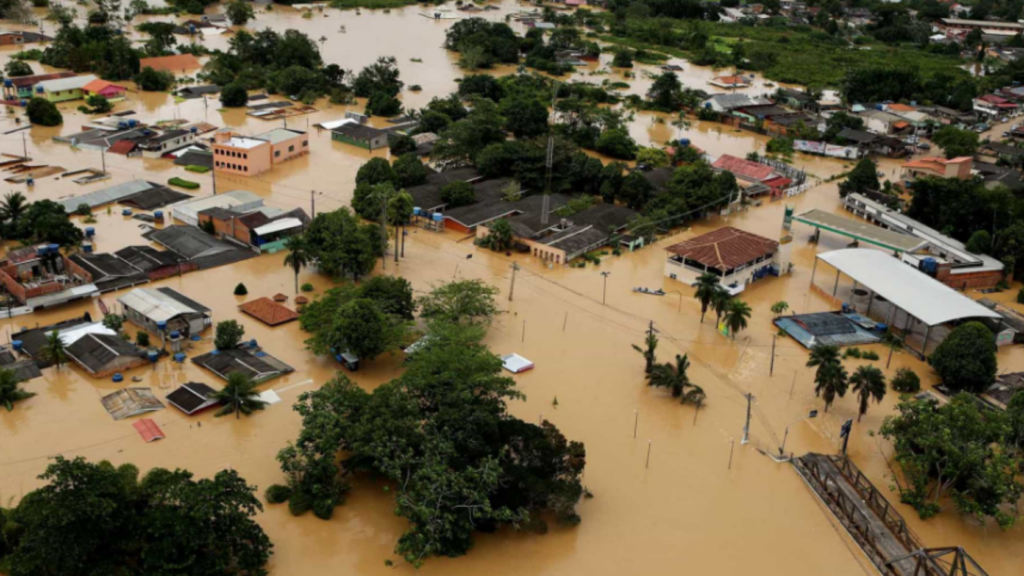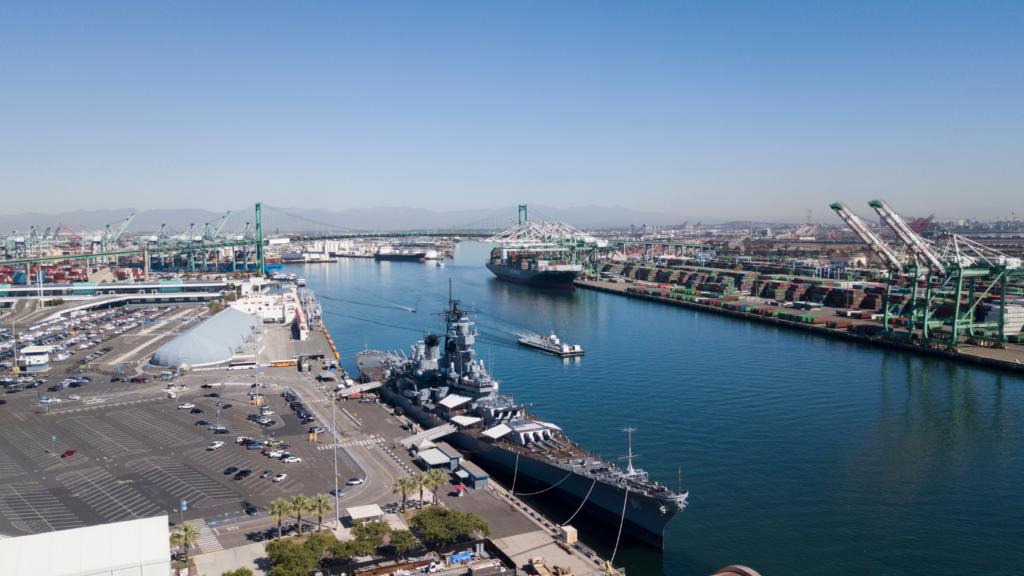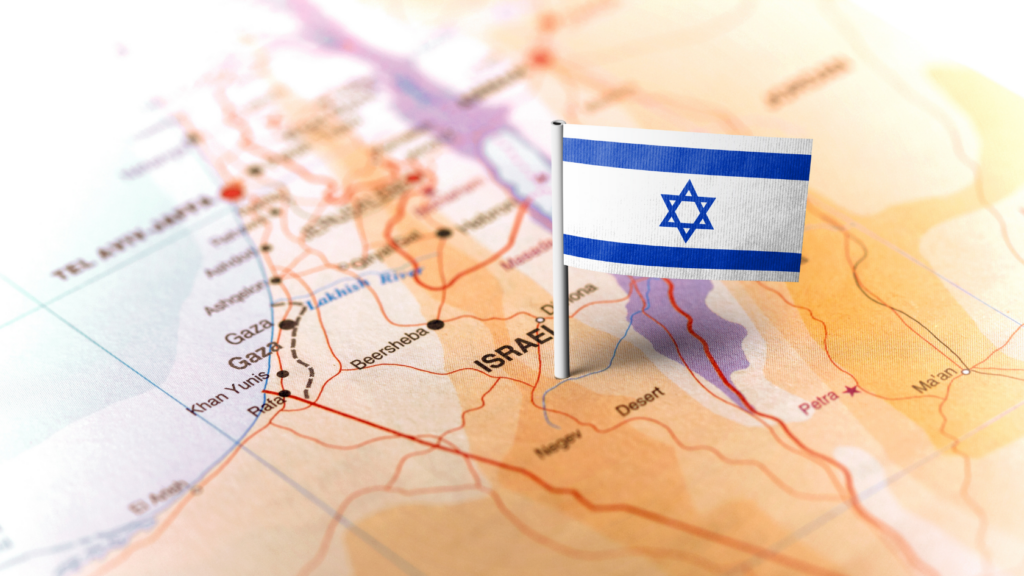Impacts of Israel’s War, Severe Rain, and Capacity Cuts.
Your weekly All-Ways round-up of Supply Chain news.
At War
Israel is at war following the massacre that occurred last week.
For All-Ways, this is a personal matter. With many employees, friends, and family living in Israel, we pray for everyone’s safety.
War disrupts global supply chains. Below are a few highlights of current and potential disruptions expected:
Ports in Israel
Israel’s ports are at high risk of being damaged. Ships in waters near Israel are also at risk because Gaza has a coastline too.
The port of Ashkelon is essentially closed as Hamas rockets fall in the nearby regions but is still granting access for ships to dock on a case-by-case basis.
The port of Ashdod is open but will not be handling any dangerous cargo such as flammables and explosive or toxic substances until further notice.
The port of Haifa remains open at this time.
ZIM
Haifa-based ZIM imposed a war risk premium and announced that there would be disruptions in service to the Israeli ports. Many of ZIM’s employees were called for military duty.
Additionally, Israel holds shares in the company and can use its fleet in the event of a national emergency.
Eli Glickman, ZIM’s CEO announced that "the company's ships will be directed, as a first priority, to transfer cargo from anywhere in the world to Israel according to the requirements and needs of the Ministry of Defense and the government of Israel."
In the broader sense
If the war expands, it’ll pose risks for the broader Middle East Gulf and Gulf of Oman.
While ships can bypass the Suez Canal for a longer route around Africa, the Strait of Hormuz has no alternate routes. Major volumes of oil and gas go through the Strait so a closure would cause significant disruption.
Conflict in the Middle East will cause already high diesel, gasoline, and jet fuel to further spike in price. LNG usage will increase as countries attempt to diversify their energy sources.

Port Closure in Brazil
Severe rain in Santa Catarina, Brazil is causing river levels to increase making it unsafe for vessels to pass through. The port of Navegantes is closed until further notice as it’s unsafe to dock.
Of the 93 affected cities, 46 have declared Emergency State because of the severe flooding that occurred from last Wednesday to Sunday.
There are more than 11 vessels waiting in line to enter the river. Many are omitting Navegantes as they need to meet their schedule.
The Navegantes Port Authority will reopen as soon as the weather and river status is deemed safe.
Our hearts go out to all those affected!

Premature Outlook
After all the talk of positive market shifts and an increase in cargo in August, September’s import numbers show we may have jumped the gun.
September import volume is not as strong as expected with retailers already stocked up for the holidays, no increase in consumer spending, and high inflation and interest rates.
“[Carrier] have slowed down their ships in an attempt to cut capacity without having to take vessels out of service as new, larger ones ordered when demand was higher are delivered. Even so, ships are not sailing fully loaded and freight rates are declining as a result,” Jonathan Gold, vice president for supply chain and customs policy at the NRF said.
For the rest of 2023, declines in imports are expected but cargo volume will still remain strong.


